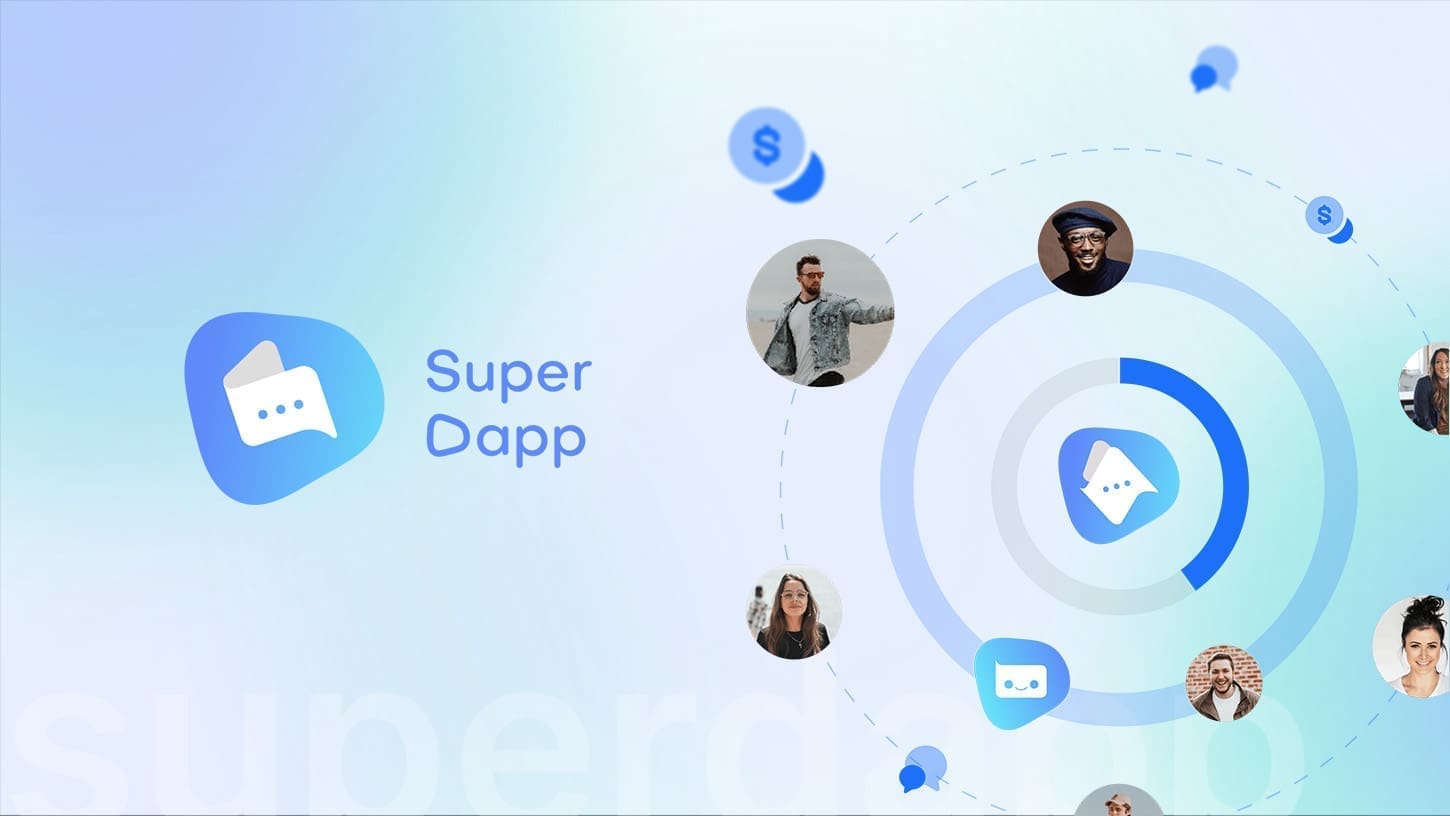OpenAI’s Search Indexing Feature Scrapped

How a well-meaning sharing tool made private ChatGPT conversations searchable and what it reveals about digital privacy
Revealing just how easily digital privacy can be compromised, even unintentionally, OpenAI has officially removed a short-lived feature in ChatGPT that allowed shared conversations to be indexed by search engines like Google and Bing.
Originally designed as an opt-in experiment to help users discover useful or interesting AI-generated content, the feature enabled users to make a conversation shareable via a public URL and optionally toggle a setting to allow search engines to crawl that link.
But in practice, it opened the door to a subtle yet serious privacy issue.
What Happened?
While ChatGPT conversations were never made public by default, users could click a “Share” button, generate a link, and then choose whether to allow search engine visibility. This process, though requiring a few manual steps, proved to be more dangerous than OpenAI anticipated.
Various other outlets reported that some indexed chats included highly personal details, such as rewritten résumés, questions around mental health, or even links to identifiable social media profiles. In other cases, bizarre or trollish prompts surfaced in search results, creating a strange and often uncomfortable window into the digital psyche of ChatGPT users.
Why OpenAI Pulled the Plug
Responding swiftly to public concern, OpenAI announced the removal of the search discoverability feature on July 31, confirming that while shared links will still exist, they will no longer be indexed by search engines. The company also stated that it’s actively working to remove any currently indexed content from Google, Bing, and other engines.
In a public statement, OpenAI emphasized that the feature had introduced too many opportunities for users to accidentally share sensitive content, even though it was opt-in by design. The intention behind the feature, to highlight interesting AI conversations, didn’t outweigh the unintended privacy risks.
Search Engines Aren’t to Blame
In the aftermath, some questioned Google’s role. But Google responded with a reminder:
“Neither Google nor any other search engine controls what pages are made public on the web. That responsibility lies with the content publisher.”
This isn’t the first time search engines have indexed private or semi-private content. A similar issue has occurred with publicly shared Google Docs, particularly when links were posted on public forums or shared without understanding the visibility settings.
The Broader Takeaway: Digital Consent Is Fragile
While OpenAI’s response was quick, the incident highlights a much larger issue in the digital age: how easy it is to overshare without realizing it. In an era where AI-generated content feels ephemeral or detached from our real identity, a simple misclick can result in deeply personal exchanges being made public and archived forever.
Whether it’s through ChatGPT, Google Drive, or social media, users should remain hyper-aware of visibility settings, especially when tools offer sharing options. What feels like a private moment with an AI assistant could, with the wrong settings become a public artifact in a global search engine.
The feature may be gone, but the lesson remains: technology designed to make our lives easier can also expose us if privacy isn’t treated as a default, not an afterthought.
OpenAI’s experiment is a reminder that “opt-in” isn’t always enough, especially when the stakes involve personal data, reputation, or digital footprints that last far longer than the conversation itself.






